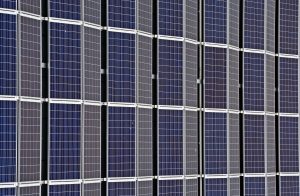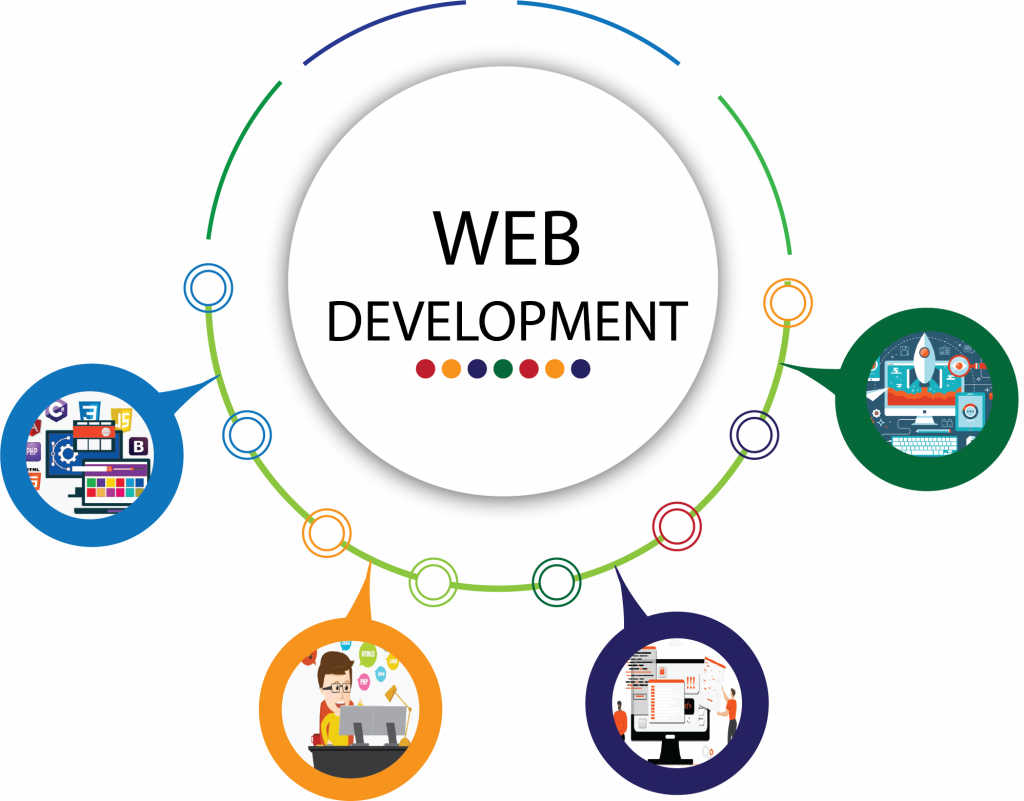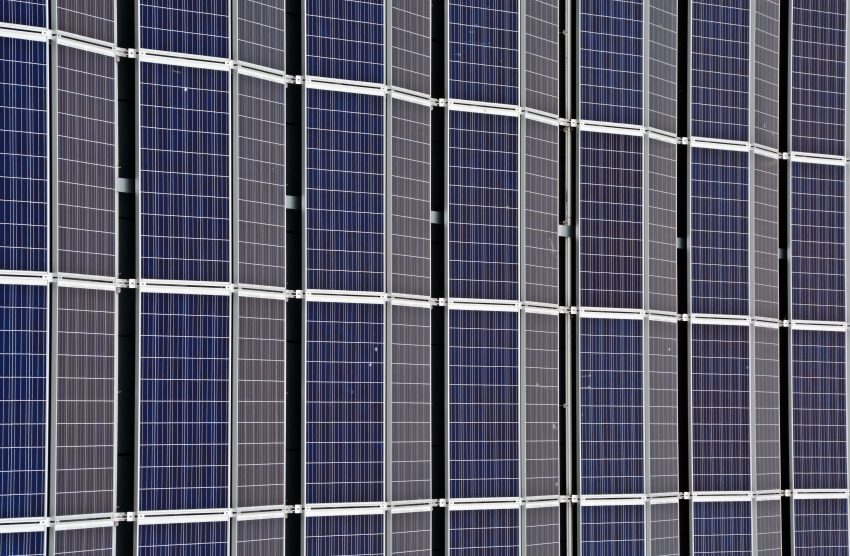What are 10 Disadvantages of Solar Energy?
Solar energy has become a focal point in the quest for sustainable and renewable energy sources. While it offers numerous benefits it is crucial to examine the potential drawbacks associated with solar power. In this article we will delve into the ten disadvantages of solar energy that deserve attention.
- Introduction
- Brief overview of solar energy
Solar energy harnesses the power of the sun to generate electricity providing a clean and abundant source of renewable energy.
- Growing popularity of solar energy
The increasing demand for sustainable energy solutions has led to the widespread adoption of solar technology.
- Cost Challenges
- High initial installation costs
One significant disadvantage of solar energy is the substantial upfront costs required for installing solar panels and related equipment.
- Maintenance expenses
While solar panels have low operating costs maintenance expenses can accumulate over time affecting the overall economic viability.
III. Intermittency and Reliability Issues
- Dependence on sunlight
Solar power generation relies on sunlight making it less reliable during cloudy days or at night.
- Energy storage challenges
Efficient energy storage solutions are essential to address the intermittency of solar power posing a significant technological challenge.
- Aesthetics and Space Concerns
- Visual impact on landscapes
Large solar installations can alter the aesthetics of landscapes leading to concerns about visual pollution.
- Space requirements for solar installations
Solar farms and extensive rooftop installations necessitate significant space limiting their feasibility in densely populated areas.
- Environmental Impact
- Manufacturing pollution
The production of solar panels involves the use of toxic chemicals and the emission of greenhouse gases contributing to environmental pollution.
- Endoflife disposal challenges
Disposing of solar panels at the end of their lifecycle poses challenges due to the presence of hazardous materials.
- Energy Conversion Efficiency
- Inefficiencies in energy conversion
Solar panels currently have efficiency limitations with not all absorbed sunlight being converted into usable electricity.
- Dependence on weather conditions
The efficiency of solar panels can be affected by weather conditions impacting overall energy production.
VII. Technological Limitations
- Advancements required in storage technology
Improvements in energy storage technology are necessary to address the limitations of current battery systems.
- Current limitations in solar technology
Ongoing research is needed to enhance the efficiency and capabilities of solar technology to make it more competitive with traditional energy sources.
VIII. Geographic Limitations
- Suitability based on geographical location
Solar energy is more effective in certain geographical locations limiting its universal applicability.
- Issues in remote or shaded areas
Remote or shaded areas may face difficulties harnessing solar energy efficiently impacting their access to renewable power.
- Impact on Wildlife
- Disruption to ecosystems
Largescale solar installations can disrupt ecosystems affecting local flora and fauna.
- Effects on avian populations
The presence of solar farms may pose risks to avian wildlife with potential collisions and habitat disturbances.
- Economic Implications
- Job displacement in traditional energy sectors
The shift to solar energy may lead to job displacement in traditional energy sectors posing economic challenges for affected communities.
- Economic challenges for some regions
Certain regions heavily reliant on traditional energy sources may face economic difficulties during the transition to solar power.
- Government Policies and Incentives
- Impact of changing policies
Government policies and incentives can significantly influence the adoption of solar energy creating uncertainties for investors and businesses.
- Influence on solar energy adoption
Changes in government support can impact the pace and scale of solar energy adoption affecting its overall success.
XII. Social Acceptance and Awareness
- Lack of understanding among the general population
A lack of awareness and understanding about solar energy can hinder its widespread acceptance among the general population.
- Perception challenges
Overcoming preconceived notions and misconceptions about solar energy is crucial for fostering societal acceptance.
XIII. Energy Transition Challenges
- Integration into existing energy grids
Integrating solar energy into existing energy grids presents technical challenges that require careful planning and execution.
- Resistance to change from traditional sources
Resistance to change from established energy sources can slow down the transition to solar power.
XIV. Research and Development Needs
- Ongoing need for innovation
Continuous research and development efforts are essential to overcome current limitations and drive advancements in solar technology.
- Addressing current limitations
Researchers must focus on addressing the identified limitations to make solar energy a more robust and viable solution.
- Final Word
- Recap of solar energy disadvantages
While solar energy offers a sustainable solution it is vital to acknowledge and address the associated disadvantages for a more comprehensive understanding.
- Encouraging further research and development
Efforts to overcome these challenges through research and development are crucial for maximizing the potential of solar energy.
Frequently Asked Questions FAQs
- Is solar energy completely environmentally friendly?
Solar energy is generally considered environmentally friendly but the manufacturing process and endoflife disposal of solar panels raise environmental concerns.
- How can the economic challenges associated with solar energy adoption be mitigated? Governments can implement supportive policies and incentives to facilitate a smooth transition addressing economic challenges in affected regions.
- Are there advancements in solar technology that could overcome current limitations? Ongoing research and development are continually improving solar technology with potential breakthroughs expected in the coming years.
- What role do government policies play in the success of solar energy adoption?
Government policies significantly influence the adoption of solar energy providing incentives and creating a conducive environment for investment.
- How can individuals contribute to the success of solar energy?
Individuals can support solar energy by advocating for sustainable practices participating in community initiatives and adopting solar technology when feasible.

Source of Image: https://www.pexels.com/photo/closeup-shot-of-solor-panel-159243/



